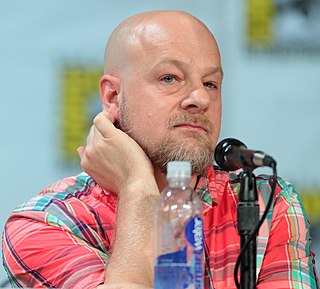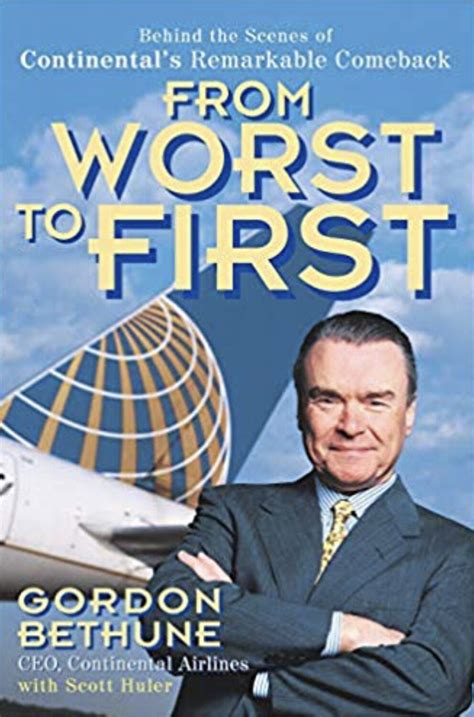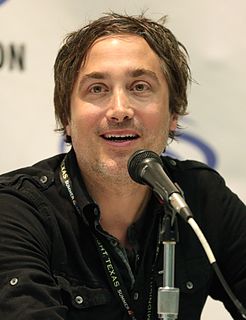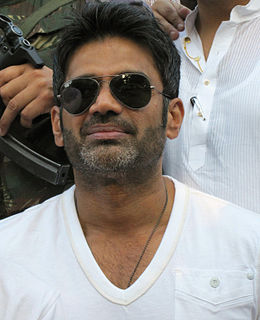A Quote by Randy Pitchford
I've only experienced it a few times where you get to have a thing that simultaneously gets some critical respect, some critical success, while also having sales success. Sometimes you get one or the other if you're lucky.
Related Quotes
Superstar lawyers and math whizzes and software entrepreneurs appear at first blush to lie outside ordinary experience. But they don't. They are products of history and community, of opportunity and legacy. Their success is not exceptional or mysterious. It is grounded in a web of advantages and inheritances, some deserved, some not, some earned, some just plain lucky - but all critical to making them who they are. The outlier, in the end, is not an outlier at all.
There's this belief that some things can be taken seriously in an intellectual way, while some things are only entertainment or only a commodity. Or there's some kind of critical consensus that some things are "good," and some things are garbage, throwaway culture. And I think the difference between them, in a lot of ways, is actually much less than people think. Especially when you get down to how they affect the audience.
It really helps to know what success is before you get there, and if you know, then you can head right for it. For some people, it's the most money. For some, it's the most power. For some, it's the most girlfriends. Everybody's got a measure. For me, I guess it's having the respect and admiration of your peers.
It's great to win a few prizes early on. It helps a writer to get noticed and to get some sales. It can also be a pain in the arse because it gets in the way of the quiet, contemplative time every writer needs, but which is particularly important when you are a new writer finding your own voice, and pursuing the things that interest you.
I'd love to work on something that gets some type of critical respect. This business is sometimes so brutal - you work on something for months and really feel like the project is good and you're doing the best work you can, and then it just gets hammered by critics. It's such a bummer sometimes, because everything seems to build up to the release and a couple of bad reviews can make it seem like it was all a waste, which you know it wasn't.
A critical assumption is sometimes made that [Grisham, Clancey, Crichton & myself] have access to some mystical vulgate that other (and often better) writers cannot find or will not deign to use. I doubt if this is true. Nor do I believe the contention of some popular novelists... that thier success is based on literary merit -- that the public understands true greatness in ways the tight-a**ed, consumed-by-jealousy literary establishment cannot. This idea is ridiculous, a product of vanity and insecurity.
The publishing scene in India is evolving rapidly, and the key challenge is to keep reinventing oneself so that one does not become formulaic. Sometimes it is safer to deal with the consequences of failure than the fruits of success. Remaining on one's toes is critical, and often one finds that success makes one complacent.



































